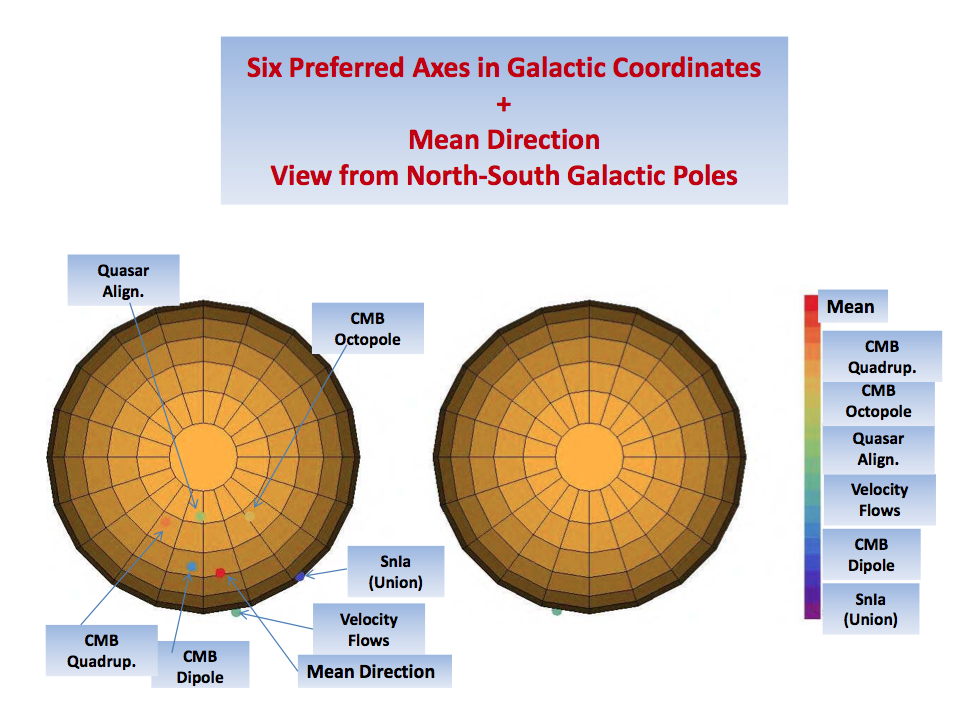
Assessing the Standard Cosmological Model
The standard model of cosmology is simple, elegant, and very successful. How do we tell that whether our model is doing well? And what phenomena does it still have trouble explaining?

The standard model of cosmology is simple, elegant, and very successful. How do we tell that whether our model is doing well? And what phenomena does it still have trouble explaining?
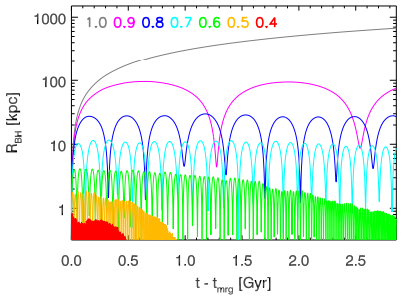
When galaxies merge, the super-massive black holes at their center can merge as well. General relativity predicts that the newly merged black hole can, in forming, be kicked with a large velocity out of the galactic center!
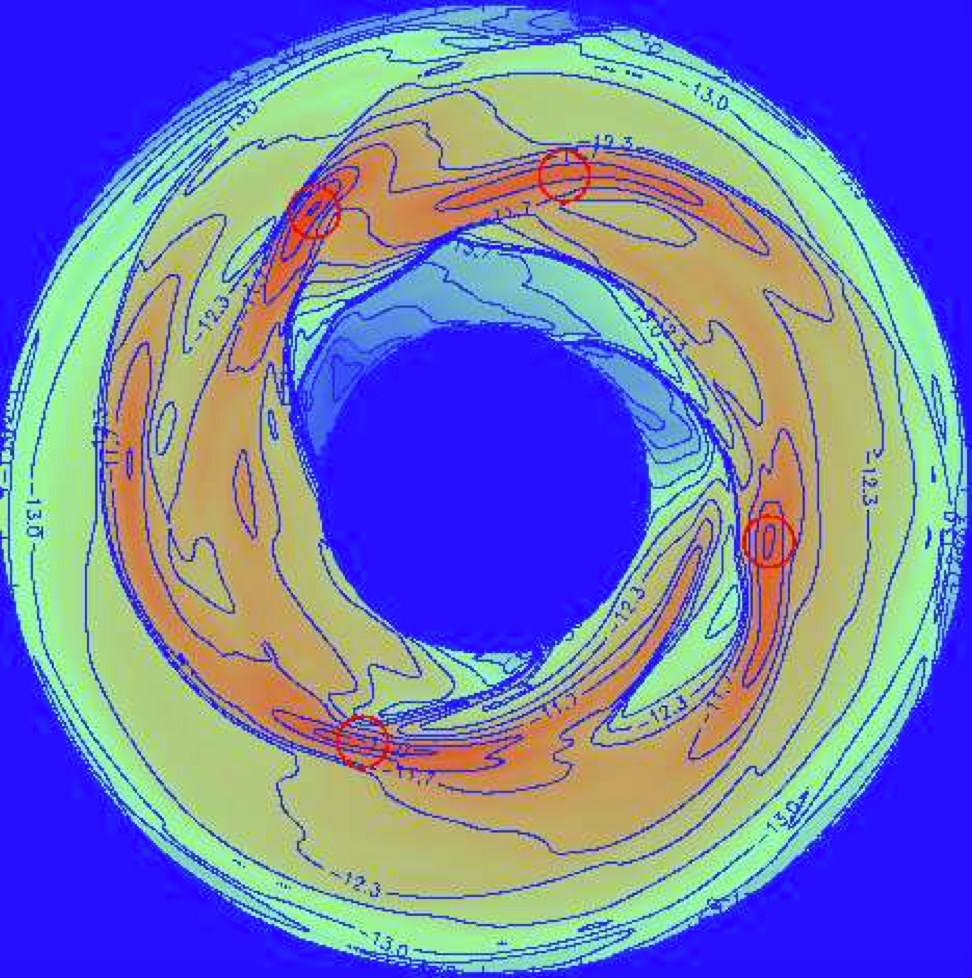
Gravity can induce global instabilities in disks around stars, which then collapse to form planets at different radii.
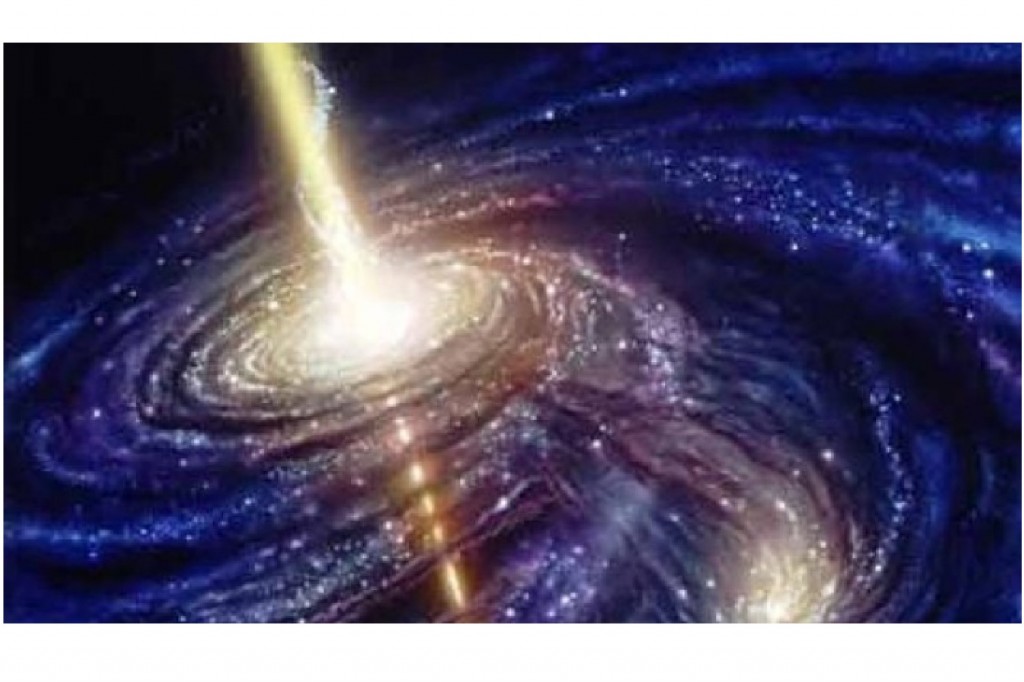
Today’s authors propose that, in addition to the first stars, the first stellar black holes might have contributed significantly to the period of cosmic reionization.
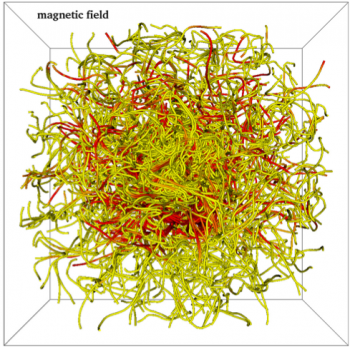
Magnetic fields can get hugely amplified when gas clouds gravitationally collapse. The authors of this paper explore gravitational collapse using MHD simulations and argue for a new resolution requirement in order to properly resolve magnetic dynamo action on small scales.